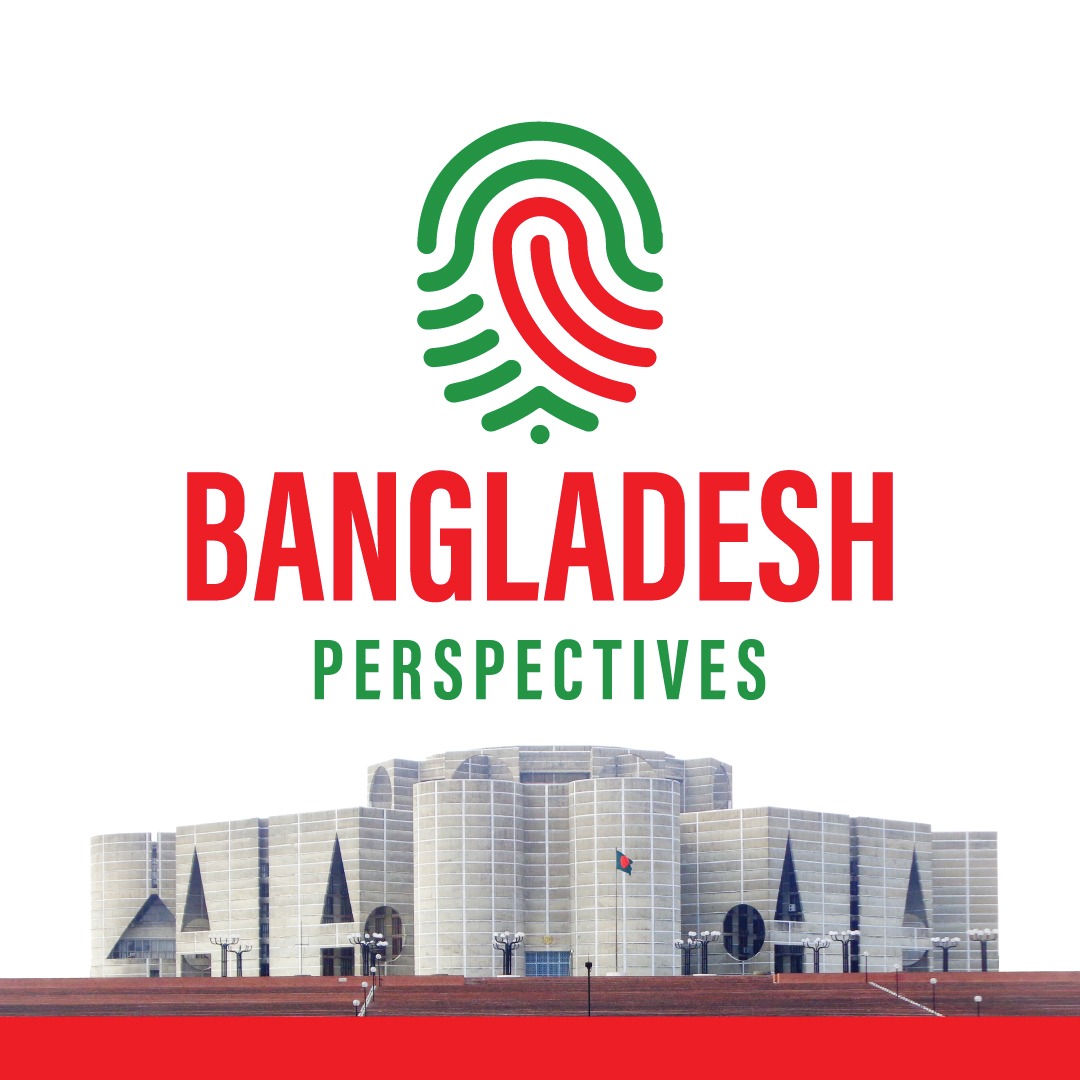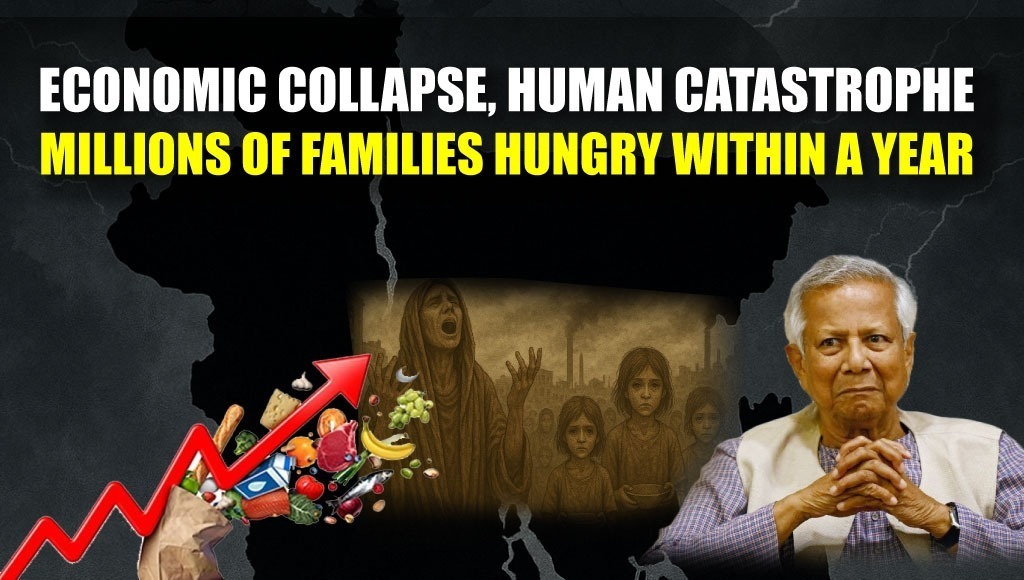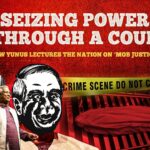Just a year ago, Rafiqul Islam was a supervisor at a garment factory. With a monthly income of 35,000 taka, his life moved in a steady rhythm — his children went to school, and his small family lived in peace.
But within months, everything changed. He is now unemployed. The soaring prices of gas and daily essentials, along with his children’s education costs, have turned life into a nightmare.
Rafiqul says,
“Before, I could save a little by the end of the month. Now I have to borrow halfway through. Some days we eat only once, some days just tea and bread.”
His story is not unique — it mirrors the plight of millions of families today.
Those who once belonged to the middle class or were relatively well-off have now been dragged into a vicious cycle of poverty.
Runaway inflation, job scarcity, and economic stagnation have multiplied household expenses far beyond people’s earnings.
According to the Bangladesh Bureau of Statistics, real income has fallen by over 30 percent in the past year, while the prices of essentials have nearly doubled.
As a result, countless families now skip one meal a day, or eat less to survive — a situation unseen in over a decade.
Economists say this crisis is not merely a result of global turmoil — it stems largely from governmental mismanagement, policy failures, and corruption.
Budget deficits, frozen investments, dwindling foreign reserves, and disorder in the banking sector have weakened the economy.
Production and exports have slowed to a crawl, and thousands of workers are losing their jobs.
[Economic Collapse, Human Catastrophe — Millions of Families Hungry Within a Year]
Added to this is political bankruptcy and social division.
In an attempt to cling to power, the government’s repression of dissent and administrative incompetence have fueled anger and unrest.
People now live not only in deprivation but also in fear and uncertainty.
Today, the people of Bangladesh face a harsh reality — scarcity on their plates and despair in every part of life.
From city to village, the refrain is the same:
“It’s hard to live, but we’re afraid to die.”
Experts warn that unless pragmatic steps are taken — to stabilize prices, create employment, and ensure good governance — the country is heading toward economic and social collapse.
This period in Bangladesh’s history may one day be remembered as a “silent famine” —
a time when people lost not only food, but also their hope, dignity, and faith in the future.





